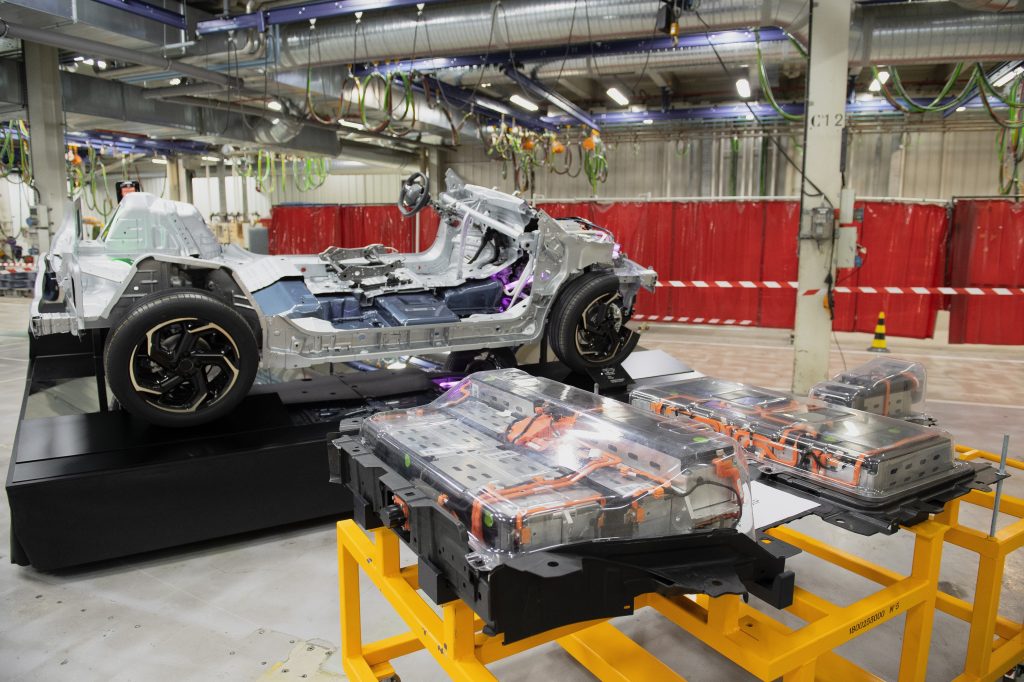PEUGEOT has lifted the lid on its growing team of technicians who are in charge of assembling and testing each and every battery that goes into its electric cars (including the plug-in hybrids) and vans. They are specially trained to ensure the reliability, performance, and lifecycle of their batteries, according to the company.
It takes roughly 60 minutes for the technicians to assemble each 50kWh battery unit (pre-assembled cells and components), whereas the larger 75kWh units demand 90 minutes. The team subjects each battery to a series of critical tests, allowing each unit to be guaranteed an eight-year / 100,000 miles warranty policy for 70% of its charge capacity.
As the French automaker strengthens its electrified vehicle range in 2022, it is emphasising that its experts represent ‘Excellence’, a key brand value of PEUGEOT, in addition to ‘Allure’ and ‘Emotion’. With the new 408 model, the automotive giant is aiming to strengthen the brand’s plug-in hybrid offering, it said.
So far in 2022, more than 70% of the PEUGEOT range sold worldwide is electric. In Europe, the brand’s electrified models represent one passenger car out of four in H1/2022, up from one out of every six in 2021. The e-208 has been a strong seller across Europe.
By 2025, 100% of PEUGEOT model line-up will offer an electrified variant. This will require a substantial uplift in the number of batteries being produced. The automaker estimates it will assemble “up to 10,000 batteries a month” for its car range by next year, and as many as 7,000 batteries a month for its LCV range.
As a consequence of the energy transition and of the increasing mix of electrified models, PEUGEOT and the wider Stellantis Group (of which PEUGEOT is a subsidiary) are increasing the number of technicians qualified to assemble and work on electrified vehicles.
Not long after celebrating its 210th anniversary, PEUGEOT says it is now ushering in a new identity with a coat of arms that emphasises “personality and timelessness”.
PEUGEOT’s battery assembly workshops operate across five plants of the Stellantis Group: Vigo & Saragossa (Spain), Trnava (Slovakia), Sochaux & Mulhouse (France), and soon in Hordain (France).
The testing process to sign off the batteries for the assembly entails a first test that simulates the operation of the battery in a vehicle to validate reliability. A performance test thereafter stimulates the battery at full rate. The last test is a sealing test whereby the battery unit is pressurised by gas to check for leaks by monitoring pressure loss. A proper seal will prevent water or dirt from getting inside the battery cells and compromising its lifecycle or performance.
